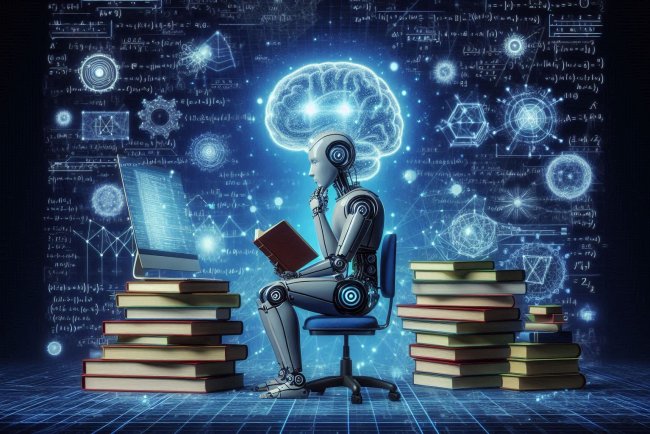AI engineering: Systems integration and software development
AI engineering: Systems integration and software development services tailored to optimize your business operations and drive innovation. Let's build the future together.

AI Engineering: Systems Integration and Software Development
Artificial Intelligence (AI) engineering involves the development and integration of AI systems into various applications to enable automation, decision-making, and intelligent interactions. One key aspect of AI engineering is systems integration, where AI models and algorithms are combined with existing software and hardware infrastructure to create intelligent solutions.
Systems Integration in AI Engineering
Systems integration in AI engineering involves the seamless integration of AI technologies into existing systems and processes. This includes integrating AI models, algorithms, and data pipelines with software applications, databases, and hardware components to create intelligent systems that can analyze data, make decisions, and automate tasks.
Key components of systems integration in AI engineering include:
- Data Integration: Integrating data pipelines and databases to ensure that AI models have access to the necessary data for training and inference.
- Model Integration: Integrating AI models and algorithms into software applications to enable intelligent decision-making and automation.
- Infrastructure Integration: Integrating AI systems with existing hardware infrastructure, such as servers, GPUs, and sensors, to support AI computations and data processing.
- API Integration: Integrating AI systems with external APIs and services to enable data exchange and communication with other systems.
Software Development in AI Engineering
Software development plays a crucial role in AI engineering, as AI systems are often implemented as software applications that interact with users, process data, and make decisions. Software development in AI engineering involves the design, implementation, testing, and deployment of AI systems to meet specific requirements and objectives.
Key aspects of software development in AI engineering include:
- Algorithm Development: Developing and optimizing AI algorithms, such as machine learning models, neural networks, and natural language processing algorithms.
- Application Development: Building software applications that incorporate AI capabilities, such as chatbots, recommendation systems, and image recognition applications.
- Testing and Validation: Testing AI systems to ensure they perform as expected and meet quality standards, including testing for accuracy, reliability, and scalability.
- Deployment and Monitoring: Deploying AI systems into production environments and monitoring their performance, security, and scalability over time.
Challenges in AI Engineering
AI engineering faces several challenges related to systems integration and software development. Some of the key challenges include:
- Data Quality and Availability: Ensuring that AI systems have access to high-quality data that is relevant, accurate, and representative of the problem domain.
- Model Interpretability: Understanding and interpreting the decisions made by AI models, especially in critical applications where transparency and accountability are important.
- Scalability and Performance: Scaling AI systems to handle increasing amounts of data, users, and computational resources while maintaining performance and responsiveness.
- Security and Privacy: Ensuring the security and privacy of data and systems, especially in sensitive applications where confidentiality and integrity are paramount.
Future Trends in AI Engineering
AI engineering is a rapidly evolving field with several emerging trends that are shaping the future of AI systems integration and software development. Some of the key future trends include:
- Explainable AI: Developing AI systems that can explain their decisions and reasoning to users, regulators, and other stakeholders to improve transparency and trust.
- Federated Learning: Implementing distributed AI systems that can learn collaboratively from decentralized data sources while preserving data privacy and security.
- Automated Machine Learning (AutoML): Automating the process of designing, training, and deploying machine learning models to accelerate AI development and democratize AI expertise.
What's Your Reaction?

















